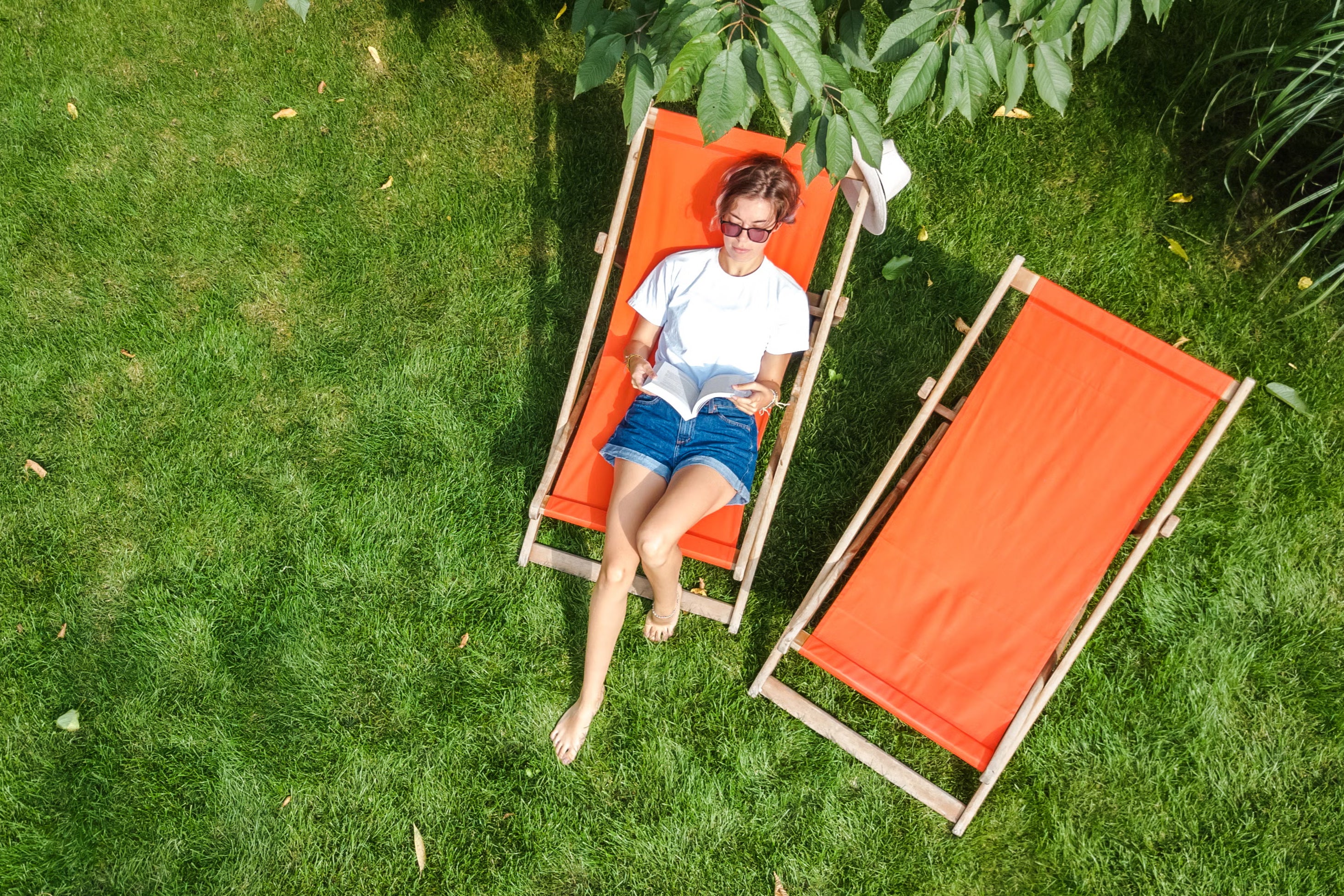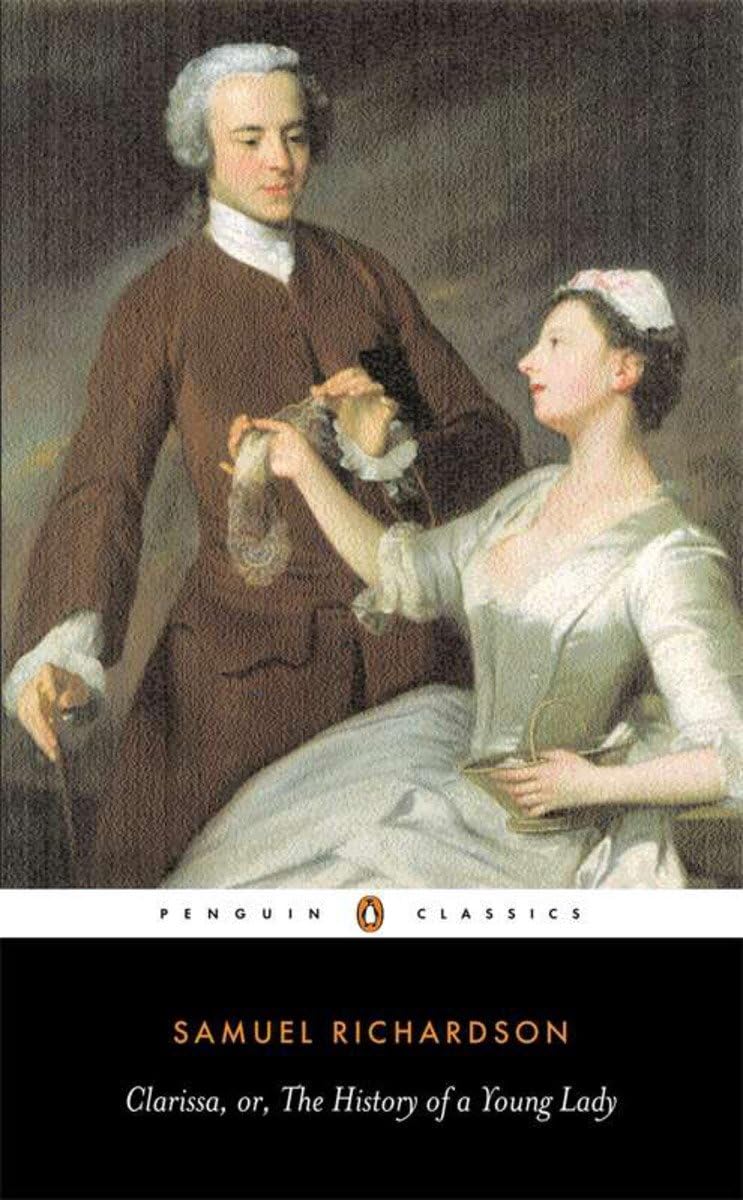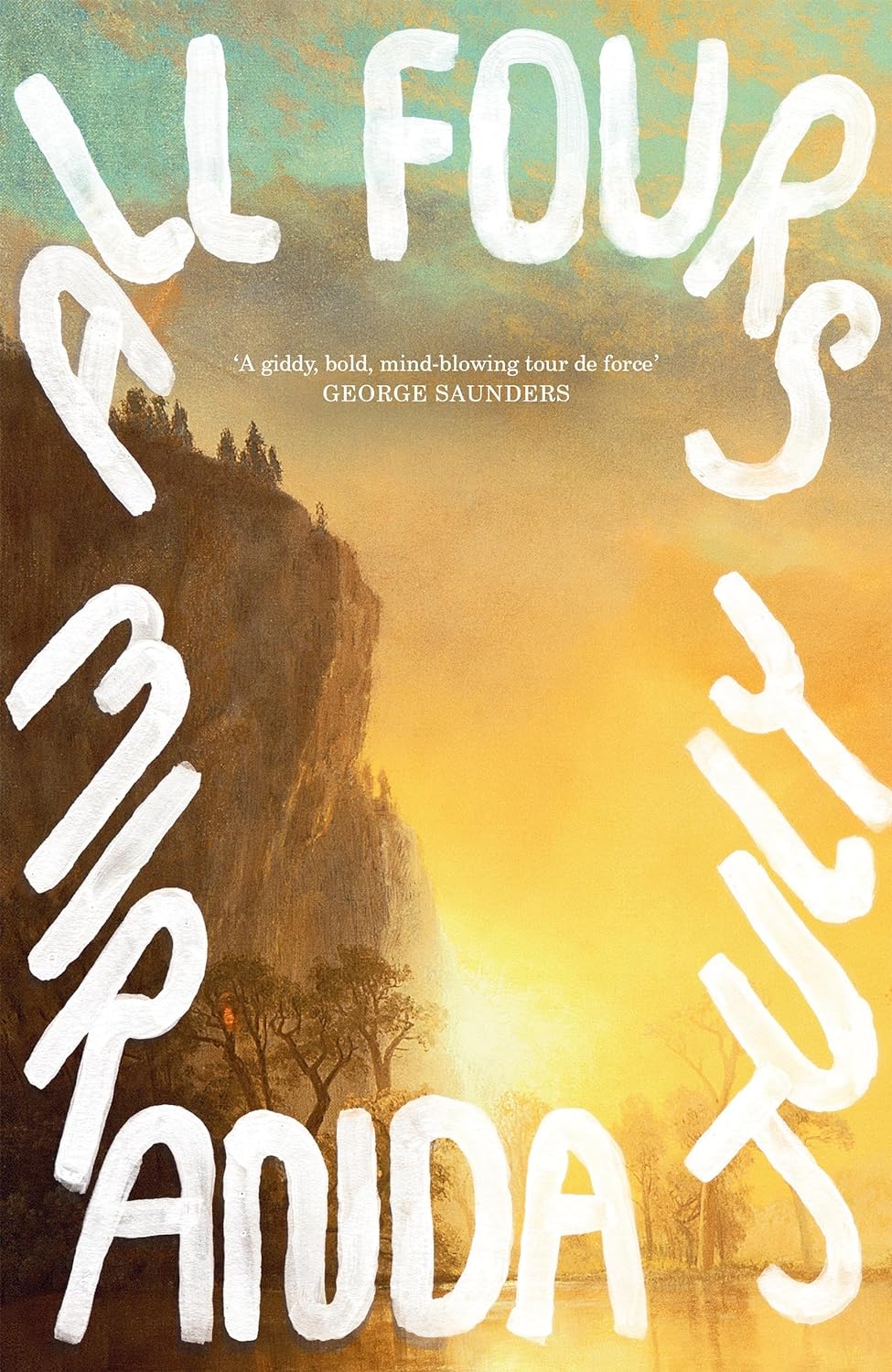From Proust to Agatha Christie and Stephen King, what really makes a great summer read?
As we ponder what books to take on holiday, literary critic Robert McCrum unpicks what makes the perfect tome for lazy days and packs in a few surprising suggestions on the way…


If reading can sometimes possess us like an ecstatic drug, summer reading should promise the trip of a lifetime. But it remains a great mystery of the “perfect vacation book”, that this dream is rarely fulfilled. Perhaps, like falling in love, choosing the book to take beneath the holiday duvet is the kind of thrill best left to chance.
Once upon a time in the last century, during that lost age of ink and paper, I was lucky enough to experience, in a moment of sheer serendipity, the best all-time summer read. This was a novel I subsequently discovered to have been acclaimed by Samuel Johnson as “the first book in the world for the knowledge it displays of the human heart”.
I first read Clarissa, or The History of a Young Lady by Samuel Richardson in a multi-volume, gold-tooled library edition, on a summer vacation in France. In the house where I happened to be staying, having wolfed the books designated for the trip, I’d become stranded for holiday reading. With nothing else available in English, I picked up Clarissa – or rather, I gingerly prized open the first of eight volumes to contemplate its subtitle: Comprehending the Most Important Concerns of Private Life. And Particularly Shewing, the Distresses that May Attend the Misconduct Both of Parents and Children, In Relation to Marriage.
At the outset, I was as shockingly ignorant of Clarissa’s importance and influence as of its fearsome reputation as the longest novel in the English canon (some 970,000 words). Within hours, however, I was in the grip of a fierce and intoxicating drug, the headlong drama, narrated in a series of letters, of Clarissa Harlowe and her fatal attraction to the rakish libertine Robert Lovelace.

The rest of my holiday was soon lost in a mazy blur and finally an obsessive, helter-skelter gallop to the shattering climax in which this unfortunate young lady succumbs to temporary insanity, and worse. No subsequent summer read has ever supplanted the buzz of this experience. (That, perhaps, is the irrecoverable joy of books discovered in the first flush of a lifetime’s reading.)
Clarissa, you may object, is not a model for the anatomy of the perfect holiday book. Far too long, too traditional, and quite simply just too, too much, in every sense. And yet... in a strange way, Richardson’s masterpiece fulfils all criteria, and satisfies every expectation of a great summer read.
No question, this was a fortunate discovery that suited my mood at the time. But, I also understand that classics are not for everyone. They share qualities that do not always mix well with the holiday routines or rhythms. Proust’s A La Recherche Du Temps Perdu in many volumes might leave you dissatisfied and frustrated. To put it another way: for every European masterpiece, pack an Agatha Christie.
But even if a summer read is not by definition a classic, it should be a magical experience. It should memorably monopolise a good chunk of your holiday, inspire a lot of discussion and, above all, it should entertain – burning as a bright beacon of brilliance long after you’ve come back to the workaday world.
Of course, unless you plan to go on holiday in a double-decker bus, an eight-volume hardback novel is an impractical companion for a Ryanair getaway. Moreover, for all its #MeToo resonance, Clarissa belongs to a canon that’s no longer in vogue. The 21st-century reader wants something less daunting, more contemporary and immediate. Taste, in reading, is the weirdest thing. There is, as the saying goes, no accounting for it. How, then, can we achieve a consensus on the ideal summer read?
Why not travel empty-handed? Set off fancy-free, and light as air. Buy your first book at the airport. If you hate it, leave it on the plane.
One caveat: never underestimate the role of vanity in the books we choose to display. As readers, we are habitual show-offs. Remember the game called “Humiliation”, first described by David Lodge in Changing Places, his Seventies campus novel? Players scored points by confessing the famous titles they’d never read. The comic climax to an entertaining sub-plot arrives when ambitious Howard Ringbaum, desperate to win, admits he has never read Hamlet, thereby wrecking his academic prospects.
Lodge’s deathless insight into the traffic of reading is that everyone who steps into the self-improving world of books and letters risks humiliation. What is a classic, anyway? There are many definitions, but Italo Calvino had it best, “a classic is a book that has never finished what it wants to say.” Possibly the only sensible guidance would be a series of signposts towards the liberated mind.
If in doubt, here’s my mantra: Try something weirder.
Here is my holiday top 10, the best kinds of book you might want to take (possibly on a Kindle) this summer:
1. To unwind: a great thriller, or a classic mystery: Graham Greene’s Brighton Rock or The Quiet American; Raymond Chandler’s The Big Sleep and Patricia Highsmith’s Strangers on a Train or The Talented Mr Ripley. Le Carre: Tinker, Tailor or The Perfect Spy
2. A popular work of non-fiction, something that flatters, exercises, and beguiles. like Sapiens by Yuri Noah Harari.
3. A new volume of poetry for sunsets and twilight, possibly from Paul Muldoon, Sharon Olds or Hannah Sullivan.
4. A sex book. Erotic fiction plays well when on a break. All Fours by Miranda July is this year’s hot read.

5. A top-flight biography: My two recommendations: Nicholas Shakespeare’s fascinating life of Ian Fleming and Anna Funder’s Wifedom, a brilliant study of Orwell’s misogyny and his unacknowledged debt to his first wife Eileen O’Shaughnessy.
6. A contemporary novel:Enter Ghost by Isabella Hammad; Percival Everett’s Erasure, or perhaps the late Paul Auster’s great novel, The Music of Chance.
7. A frontier classic: Jack Kerouac, On the Road; or Mark Twain, Roughing It.
8. Something rare and strange: My cult candidate, Hadrian The Seventh by Frederick Rolfe.
9. A travel book: I recommend something from Paul Theroux or Patrick Leigh Fermor.
10. A bonus book: For that complete unwind: anything by Jilly Cooper, Stephen King, or PG Wodehouse.
I will close where I began, in the kingdom of Serendip. There’s one sure way to make your summer reading as much a lottery as a library. Why not travel empty-handed? Set off fancy-free, and light as air. In the words of Coriolanus, “There is a world elsewhere.” Live by your wits. Scrounge, borrow, beg and possibly steal. I did this some summers ago. It was a wild ride, with some extraordinary discoveries. Buy your first book at the airport. If you hate it, leave it on the plane. There’s always another book on a shelf elsewhere. In this strange digital century, we still live in a universe of print.
As a lexical nomad, you will reaffirm the truth that reading is a blissful, joyous and solitary experience. It takes place in a world where there are no censors, no policemen or government controls: the liberated mind. Avanti!
What are your all-time favourtie holiday reads? Let us know in the comments...
Join our commenting forum
Join thought-provoking conversations, follow other Independent readers and see their replies
Comments
Bookmark popover
Removed from bookmarks